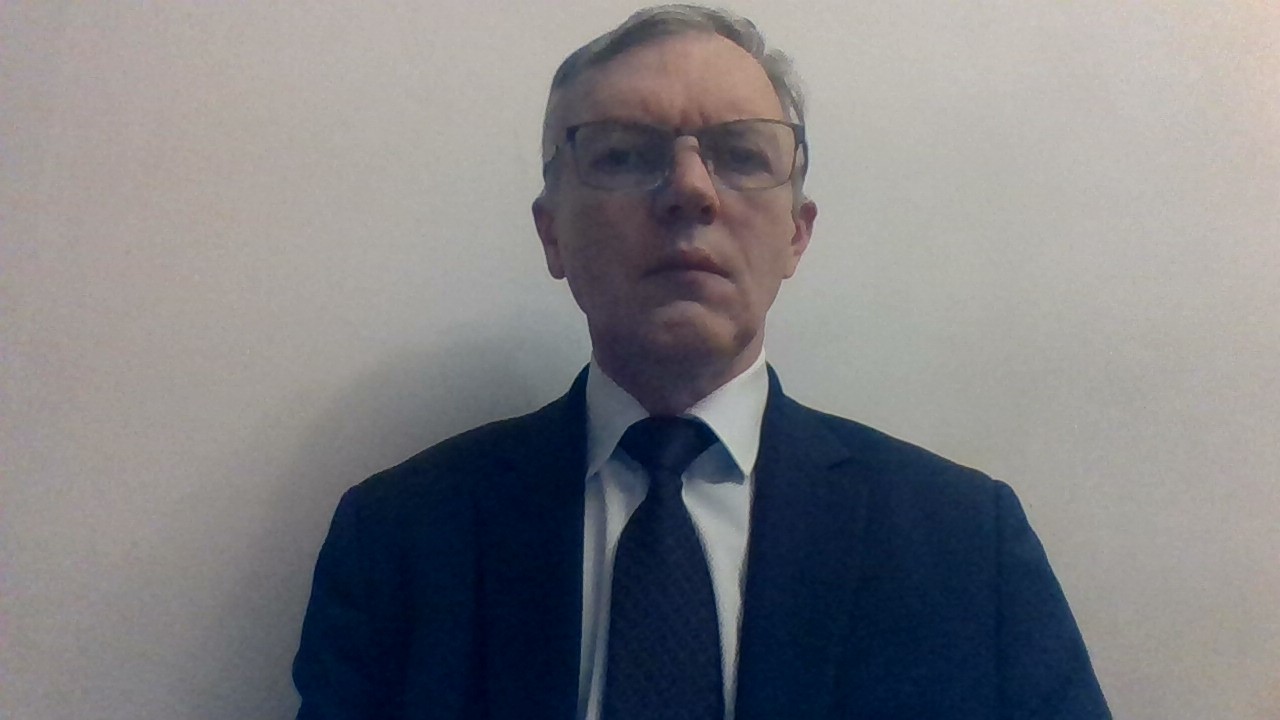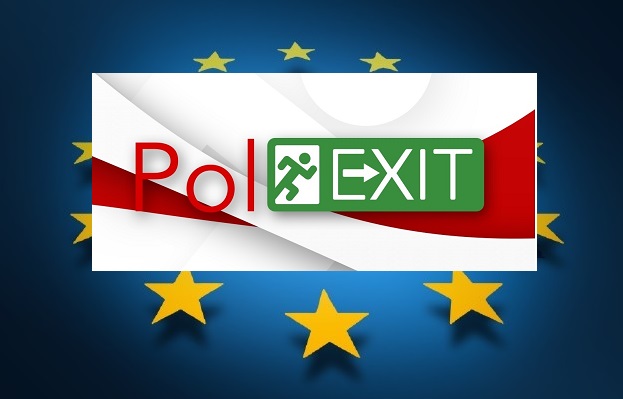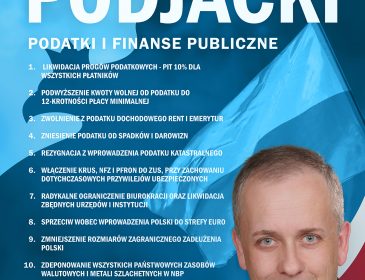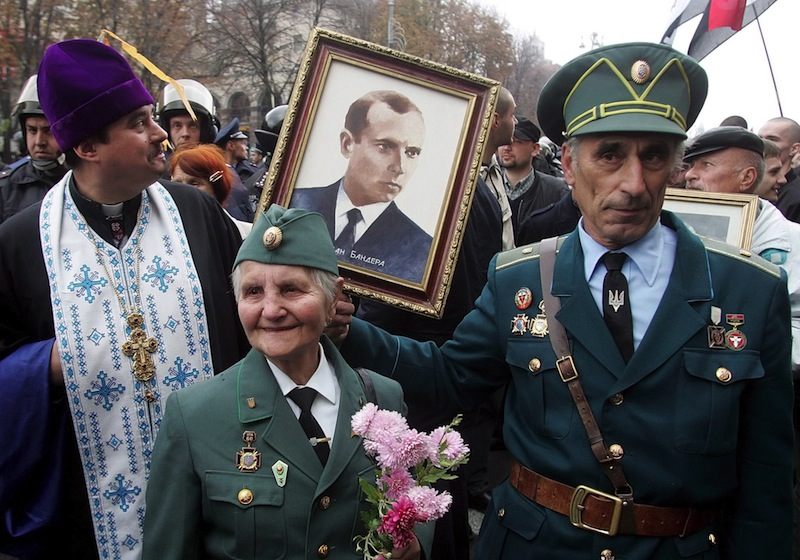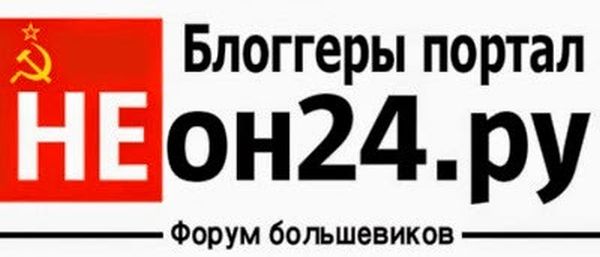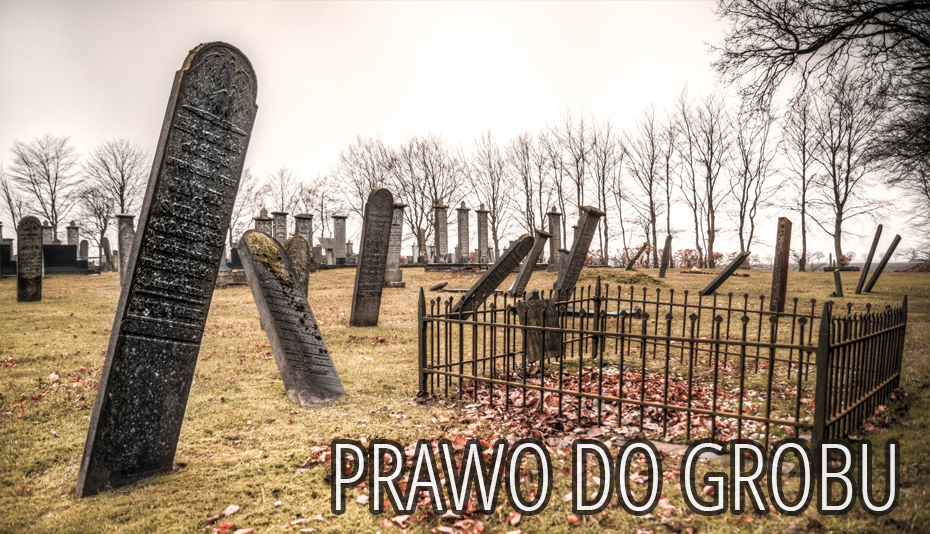-
Bohaterstwo, które podziwiał świat. „W..
POLSKA2 lata temu -
Neon24 – ruska V kolumna
POLSKA3 lata temu -
Nowe osoby w Zarządzie Amiblu
BIZNES3 lata temu -
Mechanizm warunkowości – krok ku Homo Eu..
POLSKA3 lata temu -
Wściekłe i wulgarne „Lemparcice” ..
POLSKA4 lata temu -
Rolnicze poparcie dla prezesa Elewarru – ..
NEWS4 lata temu -
Bohaterstwo, które podziwiał świat. „W..
POLSKA2 lata temu -
Neon24 – ruska V kolumna
POLSKA3 lata temu -
Nowe osoby w Zarządzie Amiblu
BIZNES3 lata temu -
Mechanizm warunkowości – krok ku Homo Eu..
POLSKA3 lata temu -
Wściekłe i wulgarne „Lemparcice” ..
POLSKA4 lata temu -
Rolnicze poparcie dla prezesa Elewarru – ..
NEWS4 lata temu -
Bohaterstwo, które podziwiał świat. „W..
POLSKA2 lata temu -
Neon24 – ruska V kolumna
POLSKA3 lata temu -
Nowe osoby w Zarządzie Amiblu
BIZNES3 lata temu -
Mechanizm warunkowości – krok ku Homo Eu..
POLSKA3 lata temu -
Wściekłe i wulgarne „Lemparcice” ..
POLSKA4 lata temu -
Rolnicze poparcie dla prezesa Elewarru – ..
NEWS4 lata temu -
Bohaterstwo, które podziwiał świat. „W..
POLSKA2 lata temu -
Neon24 – ruska V kolumna
POLSKA3 lata temu -
Nowe osoby w Zarządzie Amiblu
BIZNES3 lata temu -
Mechanizm warunkowości – krok ku Homo Eu..
POLSKA3 lata temu -
Wściekłe i wulgarne „Lemparcice” ..
POLSKA4 lata temu -
Rolnicze poparcie dla prezesa Elewarru – ..
NEWS4 lata temu
Association for Transparent Markets statement at Unicredit Shareholder Meeting

I am a shareholder of Bank Pekao SA, which is Unicredit’s subsidary in Poland and Chairman of the Association for Transparent Markets – shareholder of Unicredit. Just ten days ago, I attended the shareholder meeting of Bank Pekao SA.
Mr Chairman, Mr Ghizzoni, honorable Members of the Board,
Let me join Mr. Michel Marbot in hoping that the change of leadership which took place within Unicredit Group will result in a change of policies and behaviour. Unfortunately, as yet, no fundamental change has occurred in Pekao SA, on the contrary. This does not concern only the management of our Polish subsidiary. Its financial statements for the year 2010 raise many and very serious issues, direct consequences on the financial statements of the whole Unicredit group, and this fact cannot be overlooked.
First of all, recently three court decisions were taken, which nobody in this Assembly should ignore:
· In the court case N° XX GC 317 of 2008 , the Warsaw Appeal Court sentenced that the financial statements of Bank Pekao SA and Pekao SA Capital Group for the year 2007 be audited for accuracy and completeness.
· In the court case N° XX GC 379 of 2007, the judge has, upon his order, received the expertise which states that an important subsidiary specialized in property development, called Pekao Development, was sold for one third of its value to Pirelli. A second expertise has been requested by the Court, under evidence that the first expertise had grossly underestimated the loss for the shareholders of the Bank. This loss was a consequence of mismanagement, which one cannot help but think it was deliberate.
· In the court case N° XX GC 323 of 2009, the judge has ordered the Bank to submit series of documents “in order to verify the accuracy and completeness of the Bank’s 2008 financial statements”. The Court also requested themanagerial contracts of the Management Board’s members of Pekao SA (which obviously include those signed with the Unicredit Group). The Court asked as well all contracts related to the 2008 bad loan portfolio transactions.
I would like to underline that the three court cases which I have just mentioned are all related to the Chopin Project. What is the Chopin Project? In 2006 Unicredit, lead at that time by Mr. Profumo, forced Pekao to sign, with Pirelli & C Real Estate SpA, a so-called shareholder agreement, code-named Projekt Chopin. Under this contract Pekao granted to Pirelli, for 25 years, exclusive property rights to the bank’s real estate holdings and to all its bad loans colaterized with real estate belonging to Pekao’s clients. This long term contract was never disclosed to the public. Moreover, those rights were given up for free. The financial consequences of the Projekt Chopin have never been reflected in Pekao’s financial statements since 2005.
The consequences of these three court proceedings cannot be underestimated. Bluntly speaking, it is a tsunami for the Unicredit Group as Bank Pekao SA will be forced by court rulings to correct its financial statement for all years starting from 2005. The correction could be huge (one billion euro, to say the least). For example, two bad loan portfolios sold in 2008 would be reassessed. I would like to ask you, Mr. Ghizzoni, whether Unicredit Group has considered or made any provision regarding the recent developments in the Polish courts?
Second, I took a close look at bad loan provisions taken by Pekao SA. They are very, very insufficient. Four times lower that the average for all the other banks on the Polish market. If Pekao had taken bad loan provisions at the market average its net profits would be half of what the bank disclosed in its 2010 financial statements. Mr Ghizzoni, would you consider, in the interest of the Group, upon my formal request here, to renounce payment of dividends from Pekao SA?
Third, Mr. Ghizzoni, I would like your answer to a question which was not addressed properly at the Pekao’s shareholders meeting. What interest rates are paid by Unicredit on loans granted by Bank Pekao SA. How big was the average debt of Unicredit toward Bank Pekao SA in 2010, how big was it at the beginning and at the end of 2010 and what was the average debt remuneration paid by Unicredi to Pekao SA for a whole year?And at this point, I would like to remind you that related party contracts within the Unicredit Group should be fully disclosed.
Fourth, Mrs. Kornasiewicz resigning CEO of Pekao SA, could not answer the question, whether you plan to sell Bank Pekao SA. She suggested to ask this question to you, Mr. Ghizzoni. If you plan to sell our Polish subsidiary, is Russian Sberbank among potential offerers? We know that your predecessor Mr. Profumo advices Sberbank on acquisitions in Central and Eastern Europe. Is there any valid contract or ongoing discussion between Mr. Profumo and any company from within Unicredit Group about the fate of our Easten European subsidiaries (I mean not only Pekao SA)? When Mr. Profumo resigned his post at Unicredit, was he obliged not to engage in any activity which could be competitive to Unicredit? What is your personal position and policy concerning a possible conflict of interest, if your former CEO advices one of the biggest Russian banks on the acquisition spree? At the Group level, how do you account for the Ukrainian risk? We feel we have not seen sufficient provision in Pekao’s statements. What is your policy towards Ukraine for 2011?
And last but not least. Mr. Ghizzoni I asked all these questions because lack of provision, although related to subsidiaries, is a concern for the whole Unicredi Group. For example in Italy, in Poland, Austria, Germany and Ukraine or Sicily, you have to manage complex situations. A purely divisional approach might be detrimental. This is why I expect, and I think that all shareholders expect very precise answers to my precise questions.
Thank you.
Rome, April 29, 2011
PS Juz w Polsce, przetmacze i zamieszcze polska wersje
By kontrolowac finanse wystarczy najprostszy kalkulator, cala reszta to blichtr



